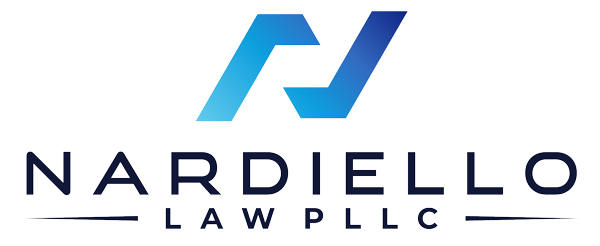Cybersquatting, sometimes referred to as domain sharking, is the act of registering, trafficking in, or using a domain name that is identical to, or substantially similar to a registered trademark. Central to cybersquatting is a bad faith intent to profit off the goodwill of someone else’s trademark.
How to Prevent Cybersquatting
Is Cybersquatting Illegal?
Short answer: Yes. Cybersquatting is illegal and punishable. Pursuant to 15 U.S.C. § 1125(d), U.S. Federal law prohibits Cybersquatting. The law that determined Cybersquatting is illegal is known as the Anticybersquatting Consumer Protection Act.
How to Determine if Someone is Cybersquatting?
Typically, “domain sharks” will reach out to brands or business owners. After contacting these business owners and demonstrate how treasured the domain would be for that business, the domain shark will offer to sell the domain name for a hefty price, essentially trying to extort the business or brand. Other types of cybersquatting include domain sharks who purchase identical domains, but instead of the .com TLD, they register the .ca, .co, .uk. org, etc. TLDs.

Dealing with a Cybersquatter
Before you decide to explore potential legal action, a business or entity must determine if the unavailable domain is worth putting up a fight. For example, a business should try to acquire domains with different name variations (i.e. NardielloLawFirm, or LawOfficesofJasonSNardiello) or different Top Level Domain (TLD) variations, such as .law, .co, .net, etc. IF variations are available, a business can avoid the hassle of tackling a domain shark head-on. Furthermore, finding and acquiring different domain variations benefits businesses that have not yet registered their company, and therefore have limited legal leverage against a cybersquatter.
Legal Rights Against a Cybersquatter
If you believe that you may have a case against a cybersquatter, immediately contact an intellectual property lawyer who has experience prosecuting, litigating, and defending clients in Federal Court. An IP Lawyer will help determine if, in fact, there is a case and if you have sufficient legal rights against the domain shark. Upon determining if there is a case, the lawyer will usually send a “Cease and Desist” letter to the domain shark. This is the starting point of prosecution and how the cybersquatter replies will determine the next appropriate course of action.
In Conclusion
Typically, brand owners should always register their trademarks with the U.S. Patent and Trademark Office (USPTO). Federal registrations provide certain national rights that are not available without registration or even with a state trademark registration.
